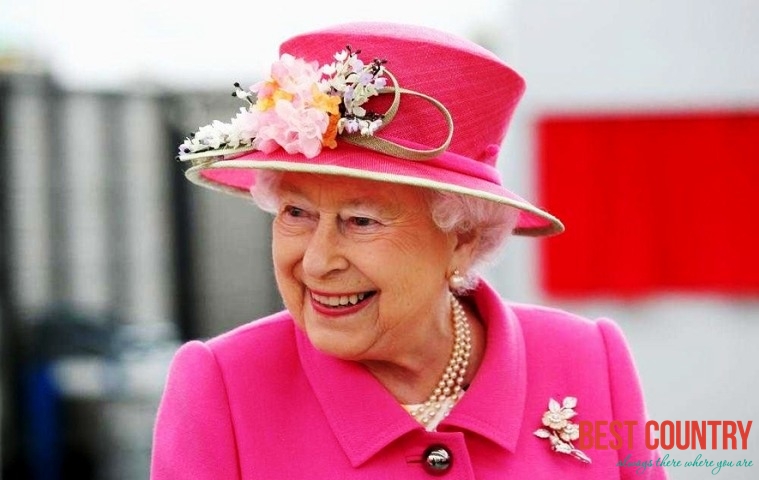Political structure of Great Britain

It has a monarch - either a king or a queen - as its Head of State, but the monarch has very little power. The Queen reigns but she does not rule.
Parliament and the existing government have the power.
The United Kingdom does not have a written constitution or printed set of rules for governing the country. The rules have developed over the centuries. The constitution (or the present unwritten set of rules) has been formed in three ways:
- by all the laws and decrees that have been made for centuries
- by the way these laws have been interpreted in the Law Courts in the past and are now re-interpreted from time to time
- by the way things have been done for centuries, although some of these practices have never been formally written down.If there is enough pressure from the public for change, it is comparatively easy to change such a flexible constitution.
The executive power is vested in the king and the Parliament made up of 2 Houses - the House of Lords and the House of Commons, the supreme legislative body.
Britain is a democracy; men and women over 18 years have a vote. Voting is nis not compulsory.
They have the right to elect a representative to Parliament. The representative is their Member of Parliament or M.P. An M.P. tries to be of use to all the people living in his electoral area but he does not take orders from them.At the opening of Parliament the Queen reads a speech from the throne in the House of Lords. Her speech has been written by the Prime Minister.
It outlines the Government's plans for the new session of Parliament. M.P's from the House of Commons are summoned to the House of Lords to stand and listen to the speech. This is one of the few occasions when the whole Parliament - Queen and both Houses of Parliament - meet together.
After the general election the monarch chooses the Prime Minister who is the head of the government. As a rule, Prime Minister is the leader of the party that has won the election and has the majority in the House of Commons.
The Prime Minister appoints the ministers to compose the government. The ministers who have gained the confidence of the Prime Minister are presented to the monarch for the formal approval,. The largest minority party becomes the official Opposition with its own leader and its own council of discussion or "Shadow Cabinet".
All the ministers must be members of either the House of Commons or the House of Lords and a minister may speak only in the House of which he is a member.
Parliamentary elections must be held: if the government loses its majority support in the House of Commons, if the Prime Minister decides to hold an election, or if the Parliament is coming to the end of a five-year period.
There are 650 M.P's elected to the House of Commons but only 370 seats in the debating chamber for them tois not compulsory. They have the right to elect a representative to Parliament.
The representative is their Member of Parliament or M.P. An M.P. tries to be of use to all the people living in his electoral area but he does not take orders from them.At the opening of Parliament the Queen reads a speech from the throne in the House of Lords. Her speech has been written by the Prime Minister.
It outlines the Government's plans for the new session of Parliament. M.P's from the House of Commons are summoned to the House of Lords to stand and listen to the speech. This is one of the few occasions when the whole Parliament - Queen and both Houses of Parliament - meet together.
After the general election the monarch chooses the Prime Minister who is the head of the government. As a rule, Prime Minister is the leader of the party that has won the election and has the majority in the House of Commons.
The Prime Minister appoints the ministers to compose the government. The ministers who have gained the confidence of the Prime Minister are presented to the monarch for the formal approval,. The largest minority party becomes the official Opposition with its own leader and its own council of discussion or "Shadow Cabinet".
All the ministers must be members of either the House of Commons or the House of Lords and a minister may speak only in the House of which he is a member.
Parliamentary elections must be held: if the government loses its majority support in the House of Commons, if the Prime Minister decides to hold an election, or if the Parliament is coming to the end of a five-year period.